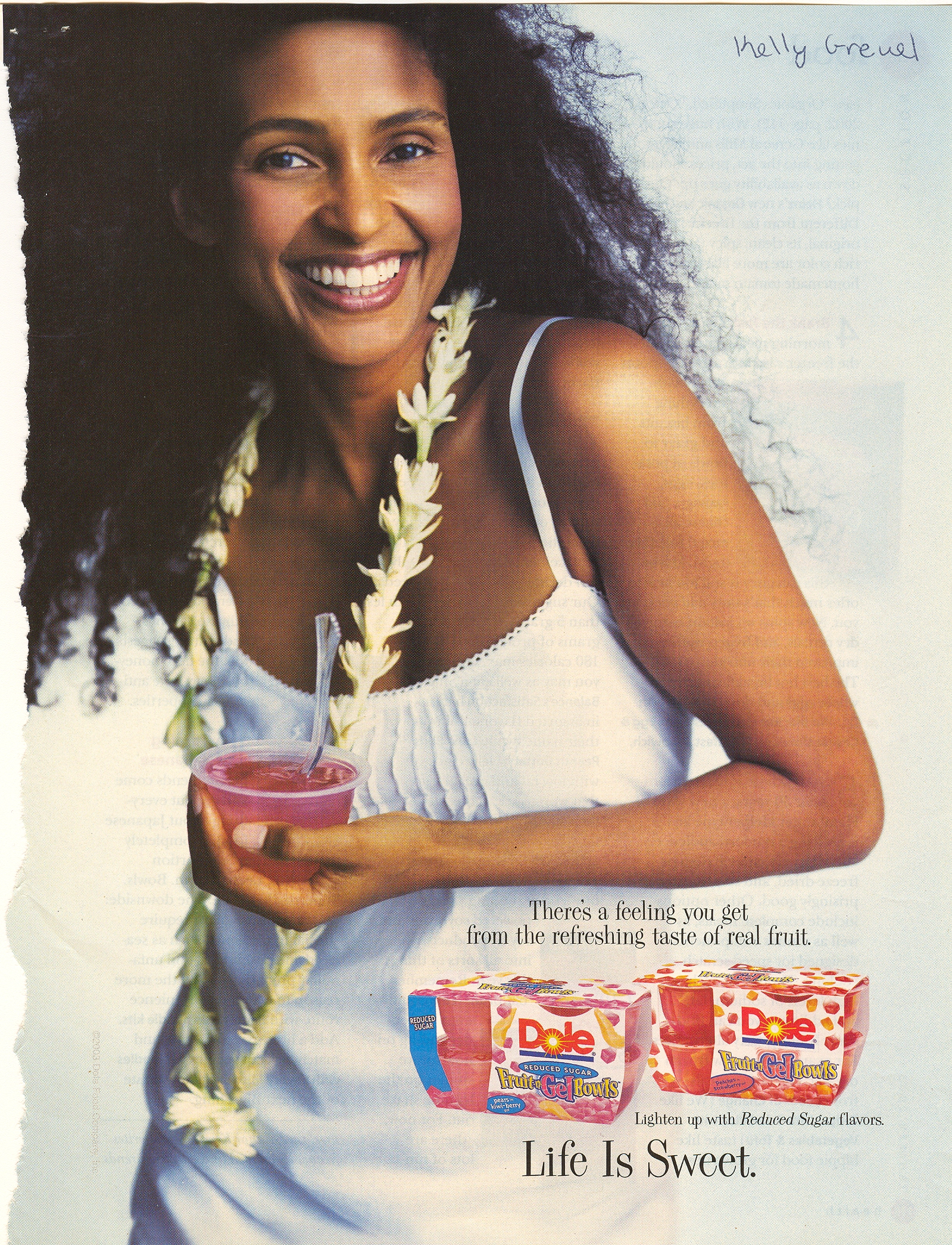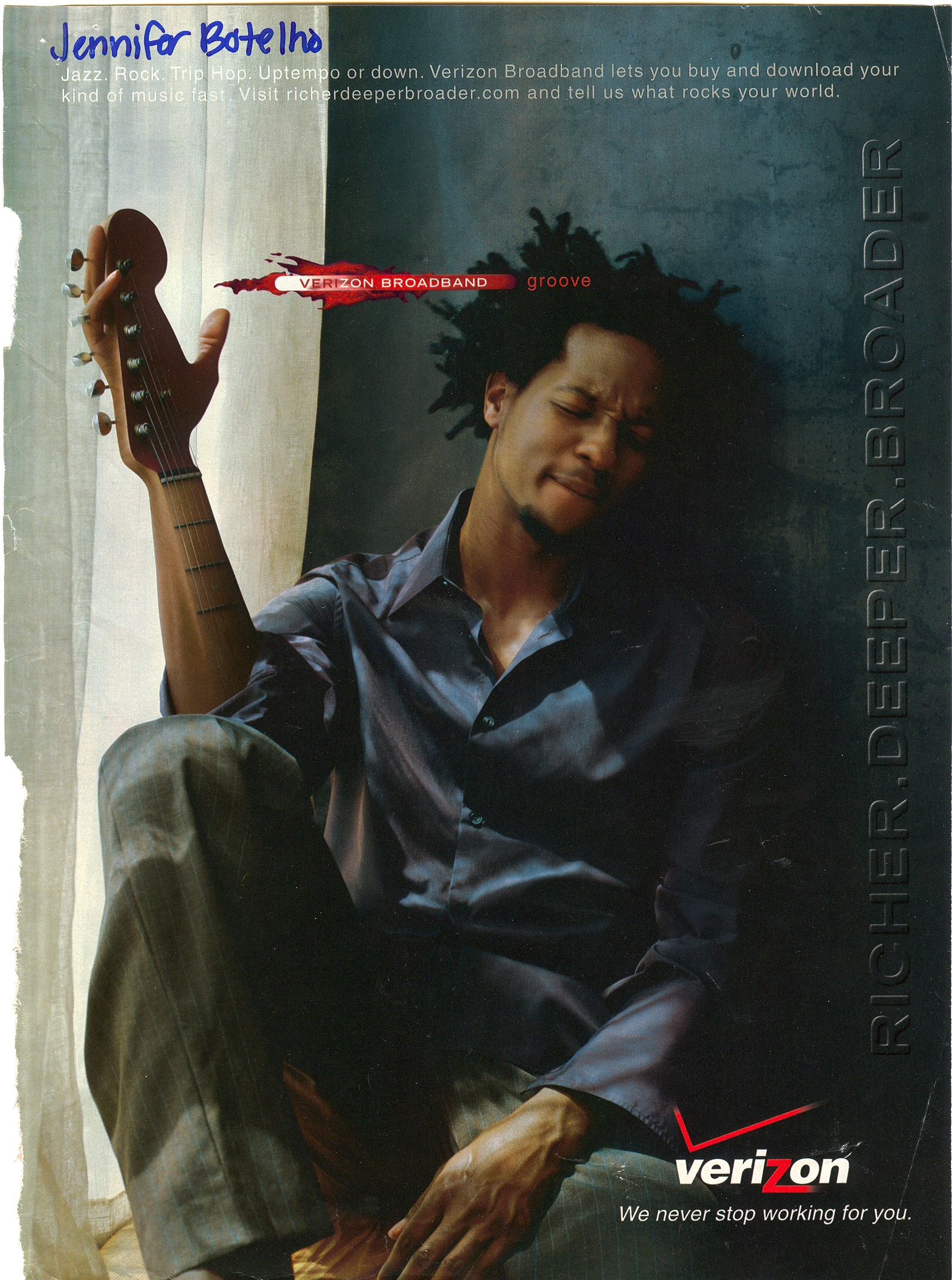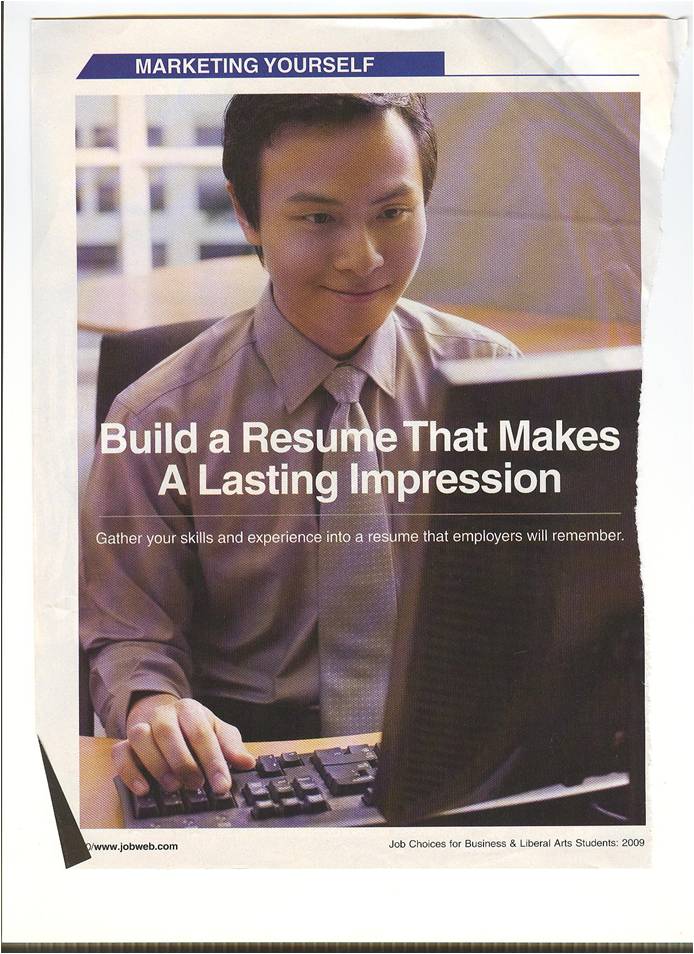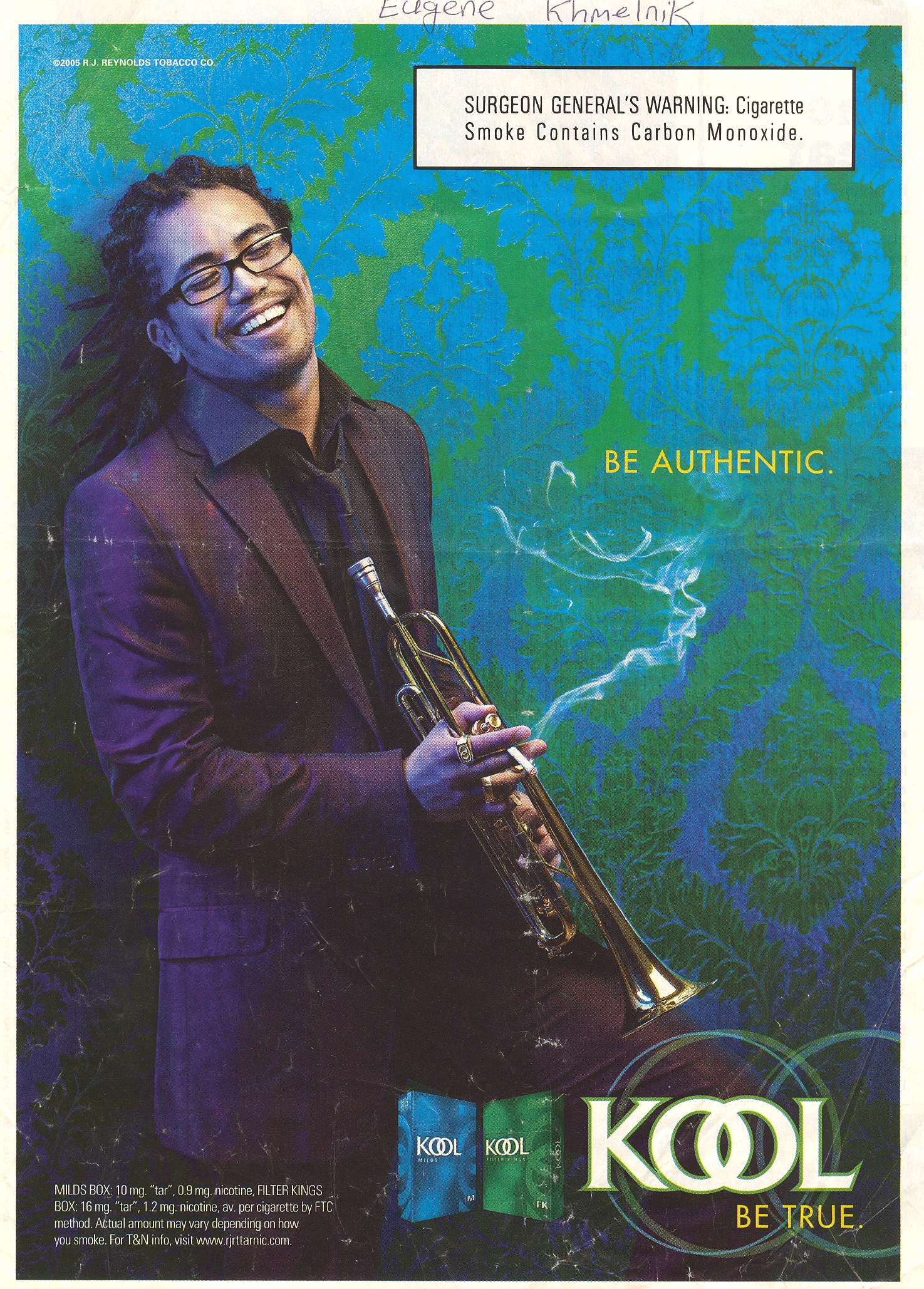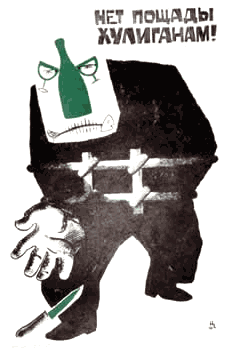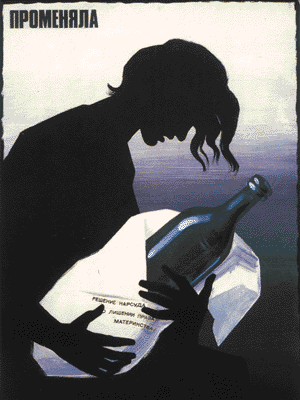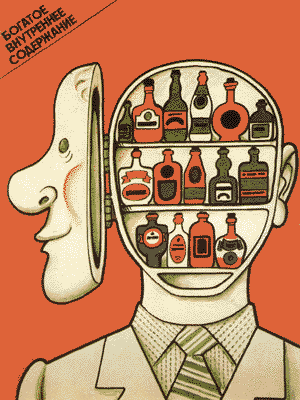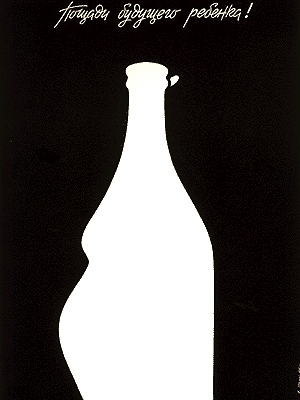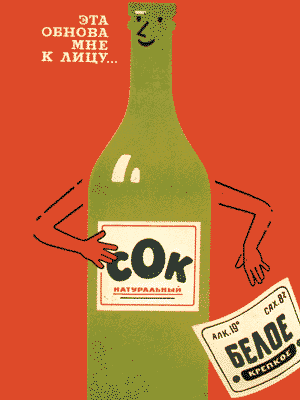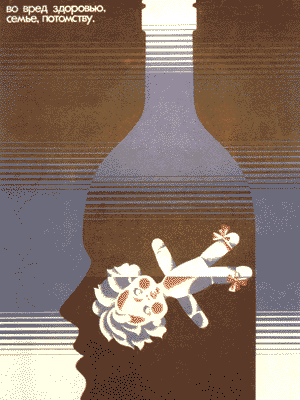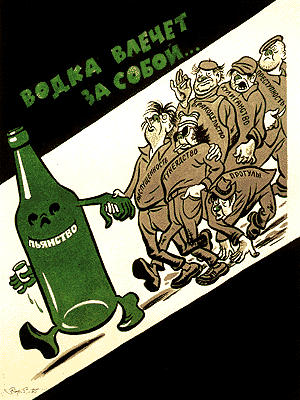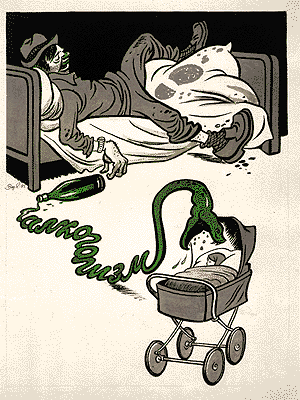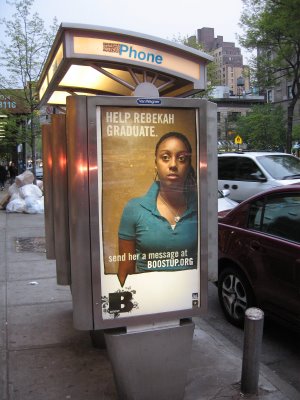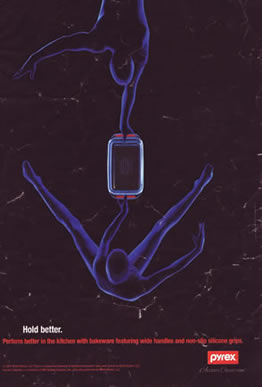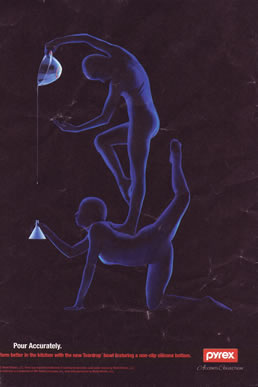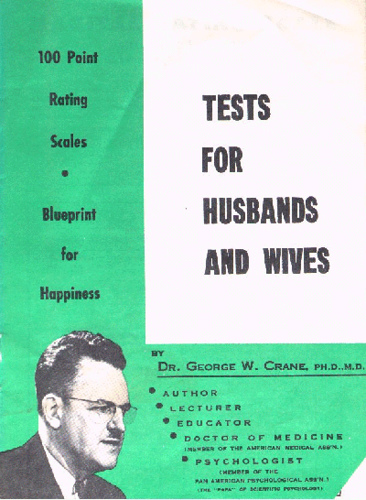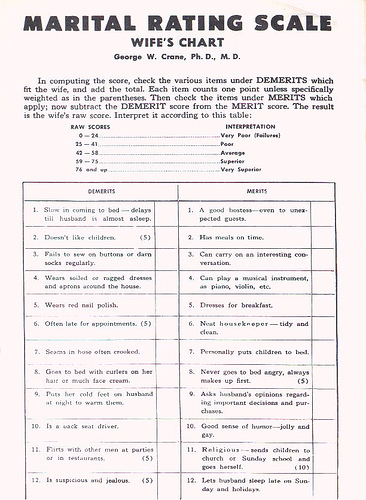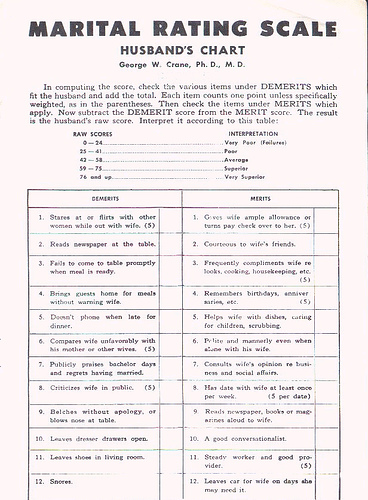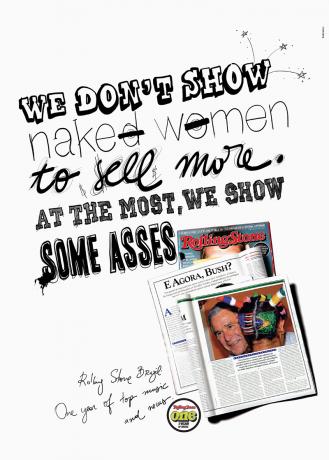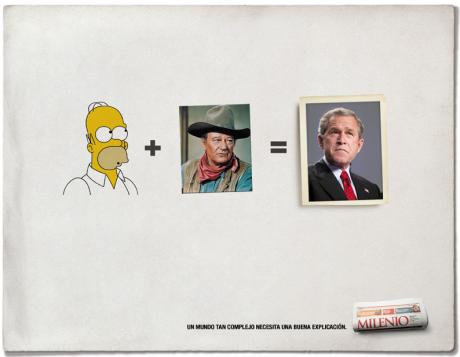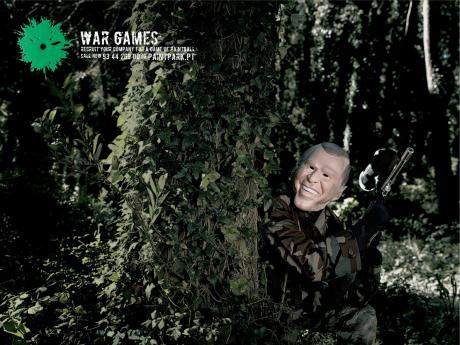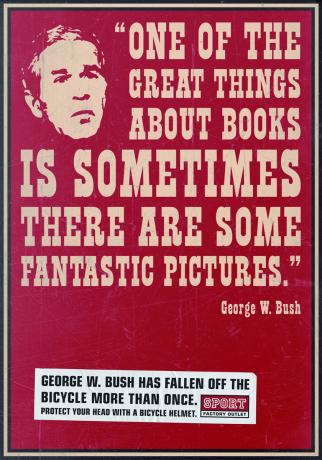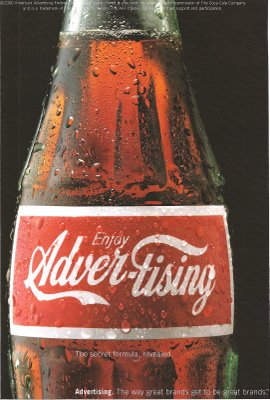While whiteness is the neutral category (for example, see here and see here for the same phenomenon related to gender) and most, but not all, advertising is aimed at white people first, we all know that people of color DO appear in advertising, even when it’s obvious that the intended audience is mostly white. In this series, I’m going to offer some examples of how people of color are used in ads and some of the conditions under which they are included.
In this first post of the series, I offer you examples of ads that include people of color in order to associate the collectively-held meaning of the racial minority group (i.e., stereotypical traits, the social construction of the group) with the product.
This first one is my favorite (thanks to my student Kelly for submitting it). The product is Dole Fruit Gel Bowls. The text is: “There’s a feeling you get from the refreshing taste of real fruit. Lighten up with Reduced Sugar flavors. Life Is Sweet.” So how do they convince us that “Fruit Gel” is “real fruit”? By putting a “native” appearing woman with a “natural” hairstyle in a white cotton frock with flowers around her neck.
In this ad (thanks to my student, Jennifer, for submitting it) Verizon Broadband is telling us that we can download music fast. What kind of music? The kind associated with black folks, of course. The text along the top reads: “Jazz. Rock. Trip Hop. Uptempo or down.”
Compare that version of the ad with this one (thanks to my student, Laura). In this ad, the person is now an Asian woman and the type of music mentioned is “Classical. Soul. Hip Hop.”
This ad for IBM products features a middle aged Asian man, a type of person associated with high technology.

NEW: This ad uses an Asian man to invoke the idea of a good worker.
These two ads for Kool cigarettes (thanks to my student, Eugene, for the first one, and this blog for the second) use Black men doing stereotypically Black things (playing the trumpet and djing) in order to try to transfer some of the cool associated with Black men to Kool cigarettes. (Alternatively, these ads may be targeted directly at a Black audience.)

This one too:
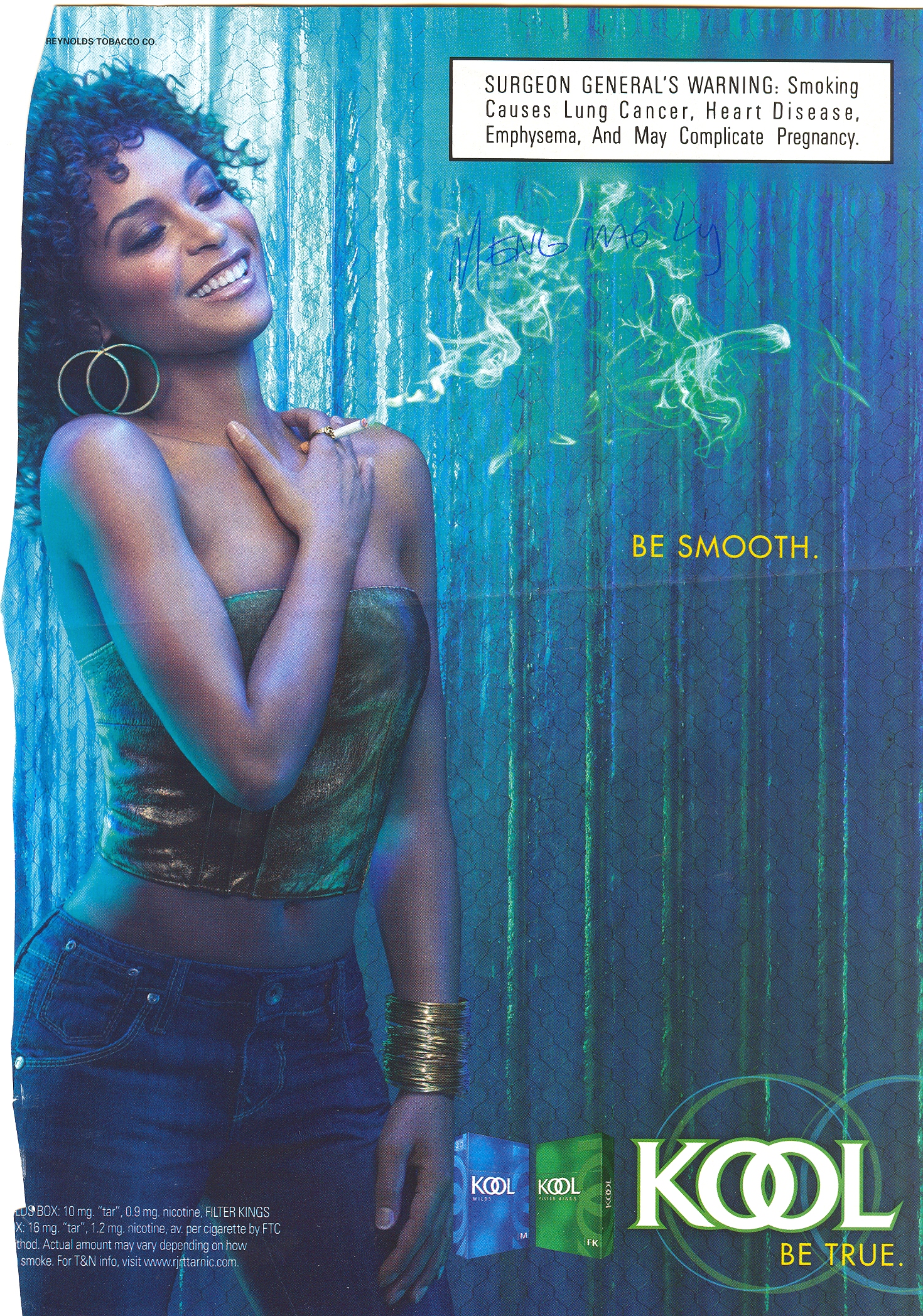
Finally, this ad for the Ipod ipod-type thing (submitted by my student, Cheng) uses a young Asian man dancing. We all know that white men can’t dance.
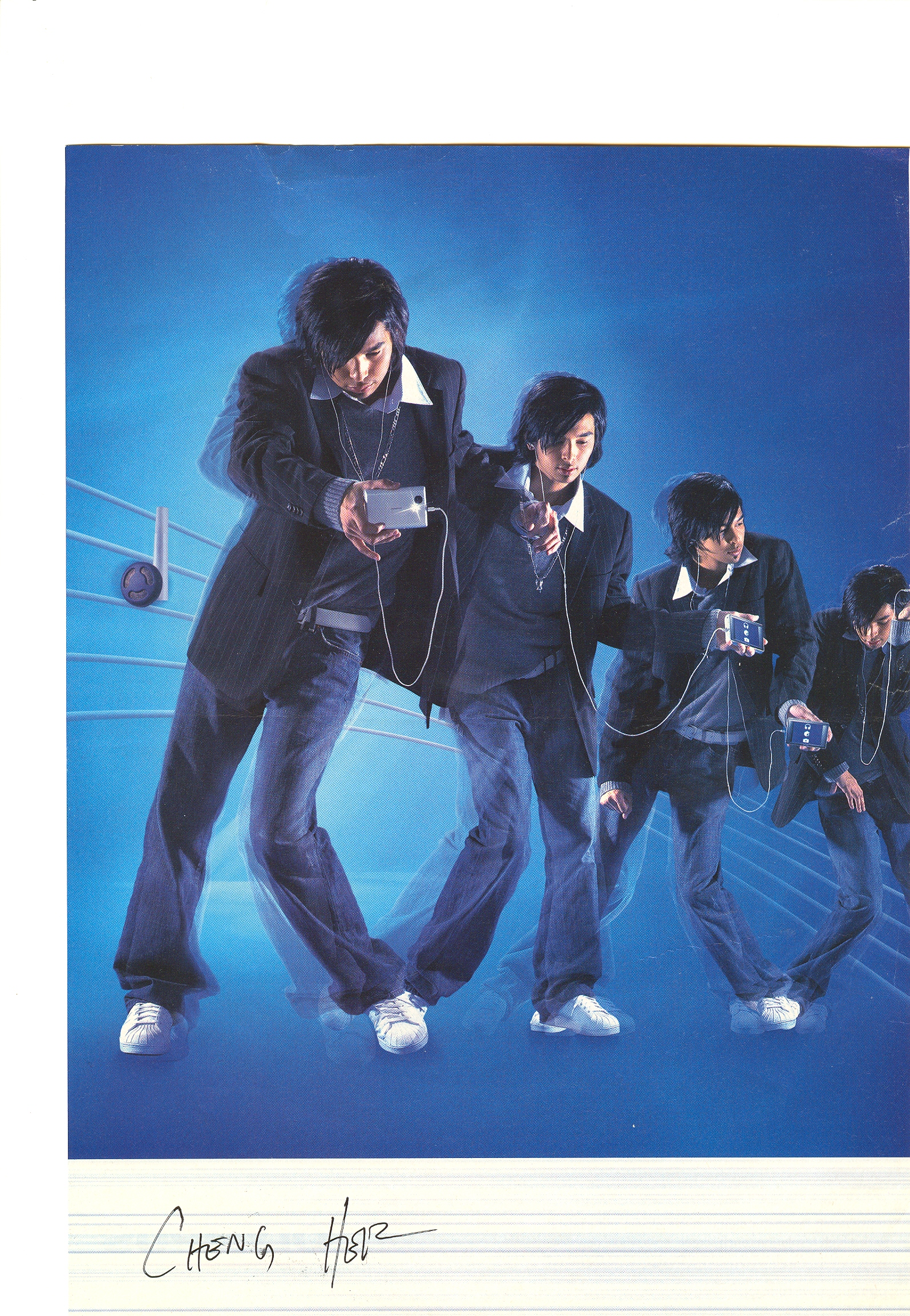
NEW! In this ad, rhythm is represented by a black woman:

If anyone has more examples, I’d love to see them!
Next up: using people of color to signify, literally, color, or even spice or flavor.

